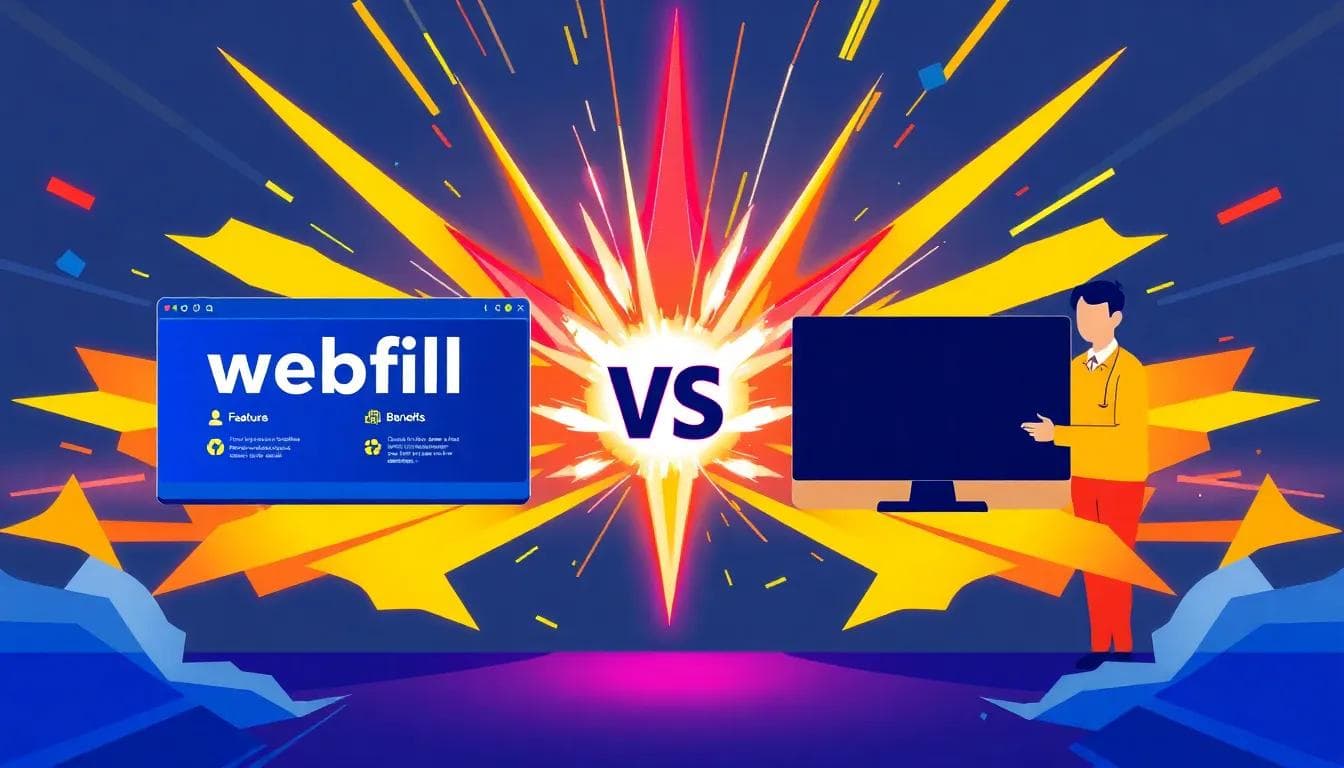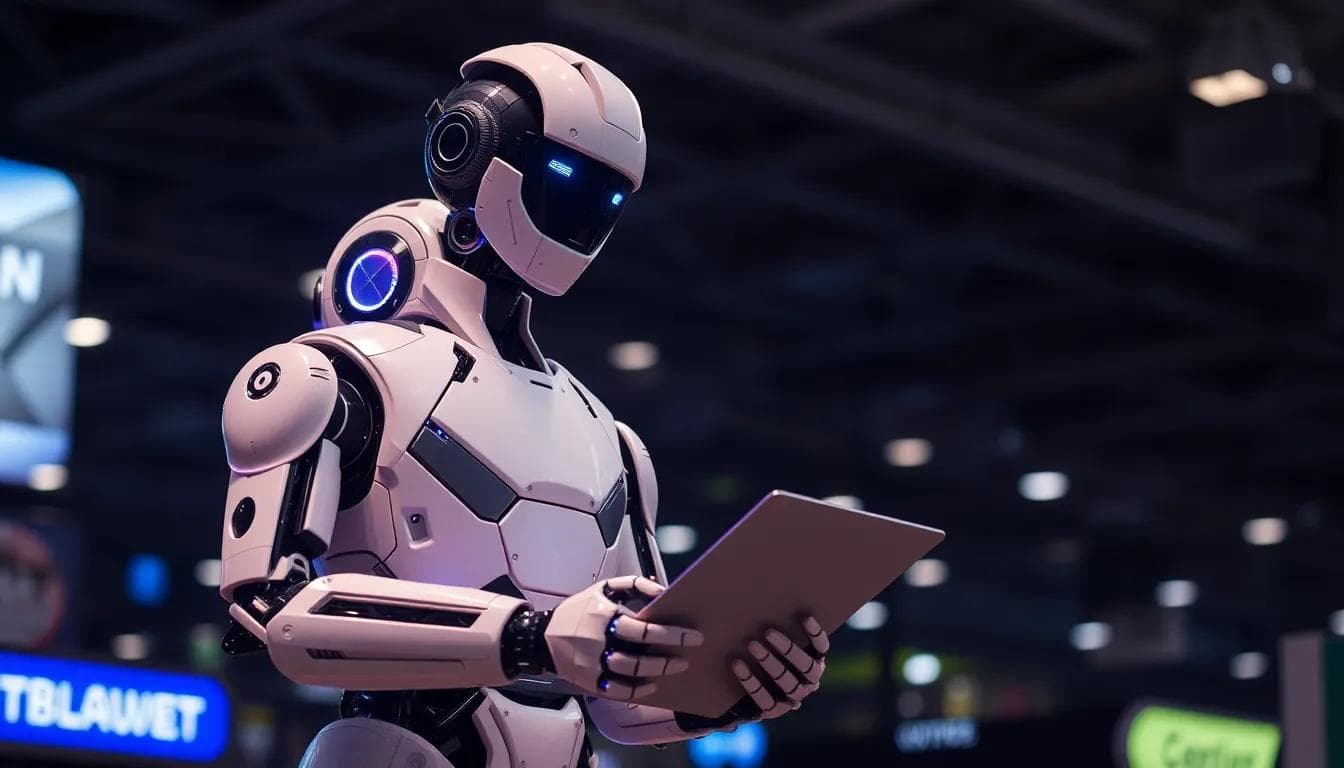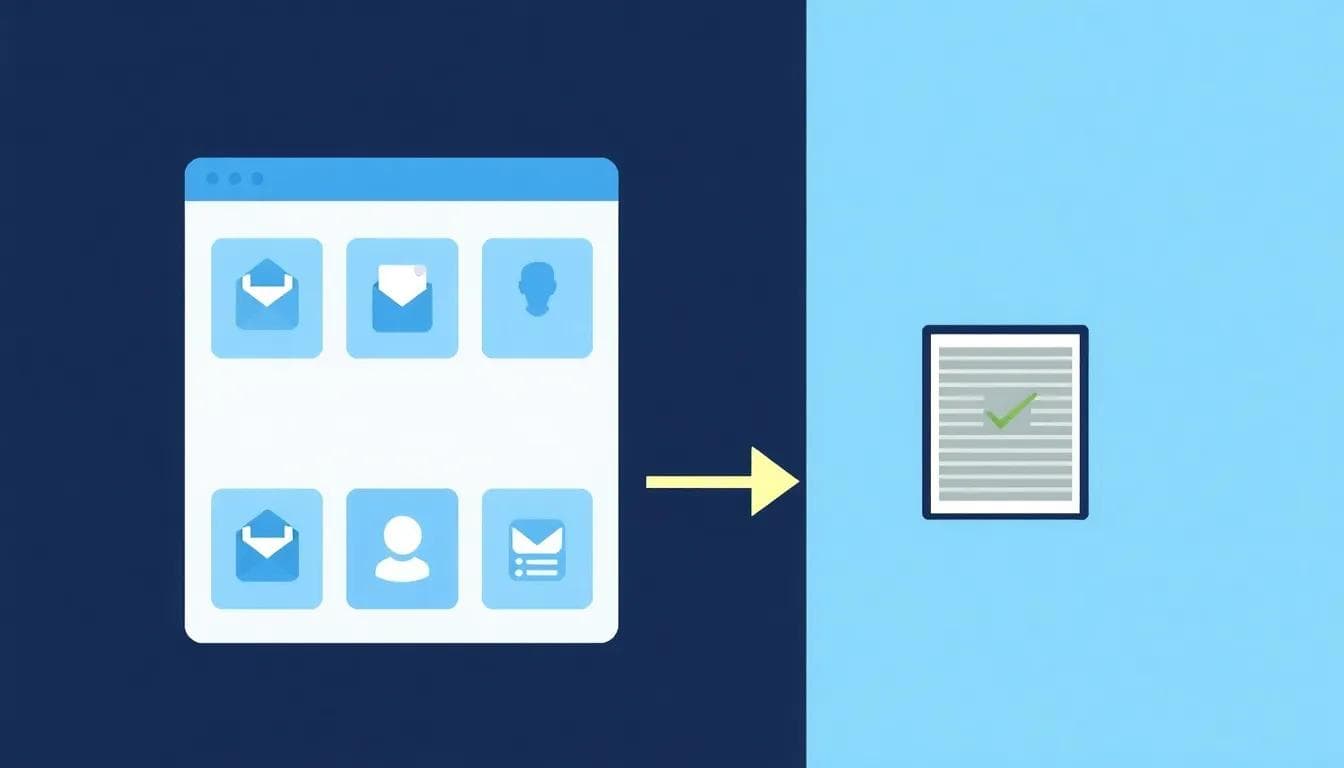November 5, 2024|6 min reading
The Future of HR: How AI is Transforming Recruitment and Employee Engagement

AI is more than a buzzword; it’s transforming how HR departments operate. From recruitment to employee engagement, AI is helping HR teams work smarter, faster, and more objectively. If you’re an HR professional, now is the time to embrace AI—not as a replacement, but as a powerful partner. Here’s how AI is reshaping two core HR functions: recruitment and employee engagement.
AI in Recruitment: A Game-Changer for Hiring Efficiency
Gone are the days when HR teams spent hours sorting through stacks of resumes or struggling to coordinate interview schedules. AI has made recruiting simpler, faster, and more effective. Here’s how AI is helping HR professionals streamline the hiring process.
Rapid Resume Screening
One of the biggest pain points in recruitment is sifting through resumes. AI tools can now scan thousands of resumes in seconds, identifying candidates based on specific criteria like skills, experience, and education. By handling this initial screening, AI lets HR teams focus on high-quality candidates instead of getting lost in an avalanche of applications.
Reducing Unconscious Bias
Bias can unintentionally slip into the hiring process, but AI tools can help reduce this. When programmed properly, AI can evaluate candidates solely on relevant factors like qualifications, work history, and skill sets. This helps ensure a fairer hiring process that values what really matters for the job, not subjective factors.
Predictive Hiring Insights
AI doesn’t just help with the present; it can also offer insights into the future. By analyzing past hiring data, AI tools can help HR professionals predict which candidates are most likely to succeed based on performance indicators. This predictive capability lets HR teams make data-driven hiring decisions, improving the overall quality of hires.
AI for Employee Engagement: Building a Motivated Workforce
Employee engagement goes far beyond perks and benefits—it’s about creating an environment where employees feel valued, heard, and motivated. AI tools are making it easier for HR to understand and improve engagement across the workforce. Here’s how AI supports a more engaged and productive team.
Personalized Learning and Development
AI can create personalized learning plans based on each employee’s unique career goals and skill gaps. By analyzing data on individual performance and preferences, AI tools can recommend training modules, workshops, or certifications tailored to each employee. This level of customization boosts motivation and makes professional development more impactful.
Real-Time Sentiment Analysis
AI-driven sentiment analysis allows HR to keep a pulse on team morale in real time. By analyzing data from emails, feedback surveys, and internal chats, AI can gauge the overall mood of the team. This data helps HR teams address concerns proactively, fostering a healthier work environment.
Automated Feedback Collection and Analysis
Regular feedback is essential for engagement, but collecting and analyzing it can be a challenge. AI automates this process, gathering feedback through pulse surveys and employee satisfaction tools. The feedback is then analyzed to identify trends and areas for improvement, giving HR valuable insights without the manual workload.
FAQs About AI in HR
Will AI Replace HR Roles?
No, AI is here to assist, not replace. AI takes care of repetitive tasks and data analysis, allowing HR professionals to focus on strategy, culture-building, and personal interactions.
Can AI Completely Eliminate Bias?
While AI can reduce bias, it’s essential to monitor AI algorithms to ensure they remain fair and unbiased. Proper programming and regular reviews are key to maintaining objectivity.
How Does AI Contribute to Employee Engagement?
AI personalizes learning, tracks employee sentiment, and gathers feedback—all of which contribute to a more engaged, responsive workplace. However, human oversight is essential to ensure these insights are applied effectively.
Are AI Tools Accessible to Small Businesses?
Yes, many AI platforms offer scalable solutions, making it feasible for smaller businesses to automate recruitment and engagement tasks without a large HR team.
What Are the Risks of Using AI in HR?
The main risks involve potential bias in AI algorithms and over-reliance on data without human judgment. HR teams should use AI as a tool and maintain the human touch in all decisions.
Embracing AI in HR: What’s Next?
The integration of AI in HR is not a distant future; it’s happening now, and its potential is vast. By letting AI handle repetitive and data-driven tasks, HR professionals can focus on what truly matters—people. The ideal approach is to use AI as a supportive tool that enhances HR’s capabilities without replacing the essential human elements.
As AI becomes more common in HR, finding the balance between automation and human insight will be key. Use AI to refine recruitment, boost engagement, and gain valuable insights, but remember: the human touch is irreplaceable. With AI as a partner, HR can create a more efficient, engaging, and inclusive workplace that benefits everyone.
Explore more

WebFill vs. Competitors: Why It Stands Out in AI Automation
Compare WebFill’s AI capabilities with other tools to see why it’s the best choice for form filling and task automation.

How AI Assistants Are Transforming Business Productivity
Discover how AI assistants are transforming business productivity by automating tasks, enhancing decision-making, and en...

Boost Your Productivity: How Automating Data Entry with WebFill Transforms Your Workday
Discover how WebFill’s AI-powered data entry automation boosts productivity, reduces errors, and helps professionals foc...
